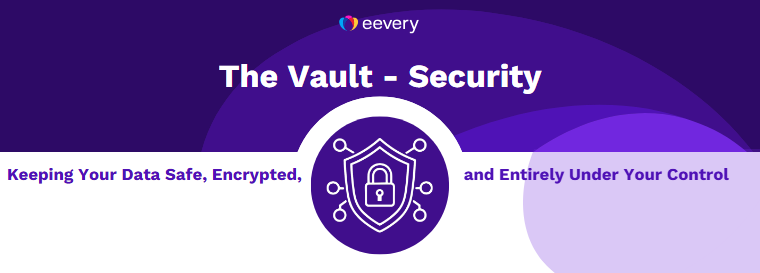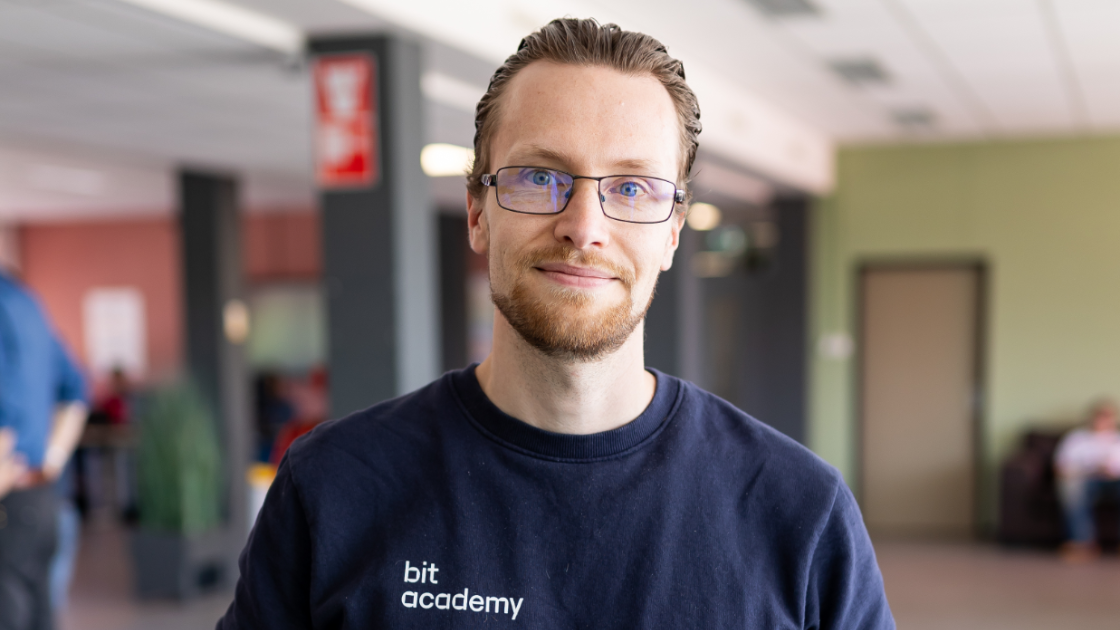Motivating employees for a sustainable business
A sustainable business requires moving your team and encouraging them to look at things differently. This can be a challenge, especially in SMEs, as the delusion of the day often takes up all the time.

This raises the question of how to engage your employees in making your business more sustainable.A change in corporate culture and employee behaviour can be accompanied by resistance. So, how do you still ensure that the implementation of sustainable initiatives has broad support? Interviews with more than 100 CEOs, managers, and employees, in more than 25 companies, show that the path to cooperation lies in ownership. Ownership refers to a sense of ownership and belonging. Employees can develop this towards different things, for example, a person, company or even an idea. This makes ownership a powerful concept for those who want to lead a company towards sustainability. It is essential that employees embrace this sense of ownership and clearly understand what they should be responsible for. If you want to achieve success in this effort, it is valuable to guide your company through three different phases.
Phase 1: Measure to Treasure
When taking steps towards a more sustainable company, it is important to look at what is relevant to you. After all, you need to have an idea on which themes need to be taken ownership of by your team. To give an example: For a service provider, if everyone takes the train, it could already be a big step in company sustainability. For a manufacturing company, for example, reducing paper in production can be a big step. It's about focusing on things that are important, for your SME specifically.
As an entrepreneur, you know your business best. However, it can sometimes take some creativity to identify areas where you can become more sustainable. So don't do this alone. Involve employees at the start of this process and give them their first sense of ownership. Another tip is to take a look at the book Sustainable Business: A One Planet Approach by Sally Jeanrenaud. It illustrates several business cases, giving you insight into how other players have tackled the same issues.
Do you want an even more concrete and objective solution that also takes little time? Eevery helps with an Impact Scan to see which themes are relevant to your business. This already provides insight into how you can jointly make your company a bit more sustainable. This can be done in as little as 90 minutes.
Phase 2: Starting and engaging
Discuss what themes you will focus on and introduce the idea of ownership. It may be important here to capture the imagination of your team. For example, tell the story of the PG tea factory, where a small difference made a big impact: An employee of the company came up with the idea of reducing the closure of the paper bags that hold the tea bags by 3 millimetres. This resulted in a saving of 9,300 kilos of paper and around EUR 50,000 a year. So the ownership of this employee made a big impact on the company with a small idea.
The advice that follows is to make employees responsible for a particular process and link measurable goals to it. We also understand that improvement processes are not obvious sometimes. Eevery makes this easier through intelligent improvement suggestions. Based on your baseline measurement, our platform provides concrete actions for improvement. For example, a Guide to Greenhouse Reduction, if this is relevant to you. Taking ownership of improvement processes and getting started with improvement suggestions makes working on sustainability more fun for your team. Employees are more engaged, satisfied, and productive, all by giving ownership.
Phase 3: Ownership in the long run
Ownership is crucial to making sustainability an integral part of your company. It is not just a goal imposed from above, but something embraced by all levels and teams. When employees feel ownership of sustainability initiatives, sustainability becomes something they are actively involved in and always keep in mind. The sense of ownership and ensuring continuous change towards sustainability can be reinforced by measurable results and continuous feedback.
For example, suppose your company decides to reduce waste by promoting recycling. Instead of just following instructions from management, employees can be organised into teams to generate ideas and take responsibility for implementing recycling practices. They can then measure how much waste is recycled. When they see that their efforts measurably contribute to reducing waste, sustainability becomes an integral part of their daily work.
Eevery not only helps measure success by offering an objective assessment but also contributes to a long-term vision. It clearly indicates where improvements can be made, encouraging companies to set long-term sustainable goals. This keeps companies' spirits up and accelerates steps towards sustainability, especially when you involve employees and give them ownership.



